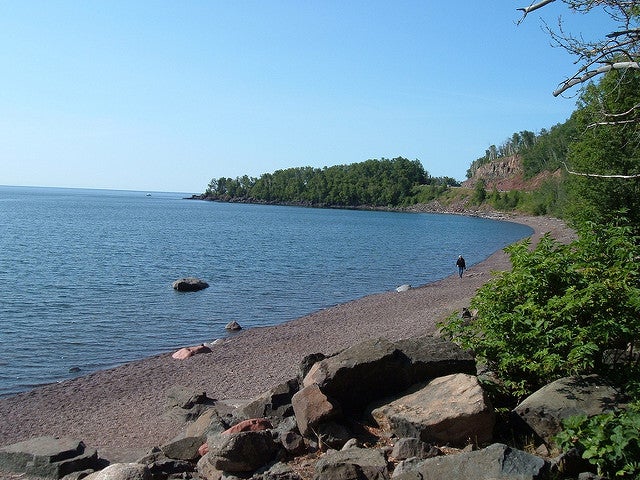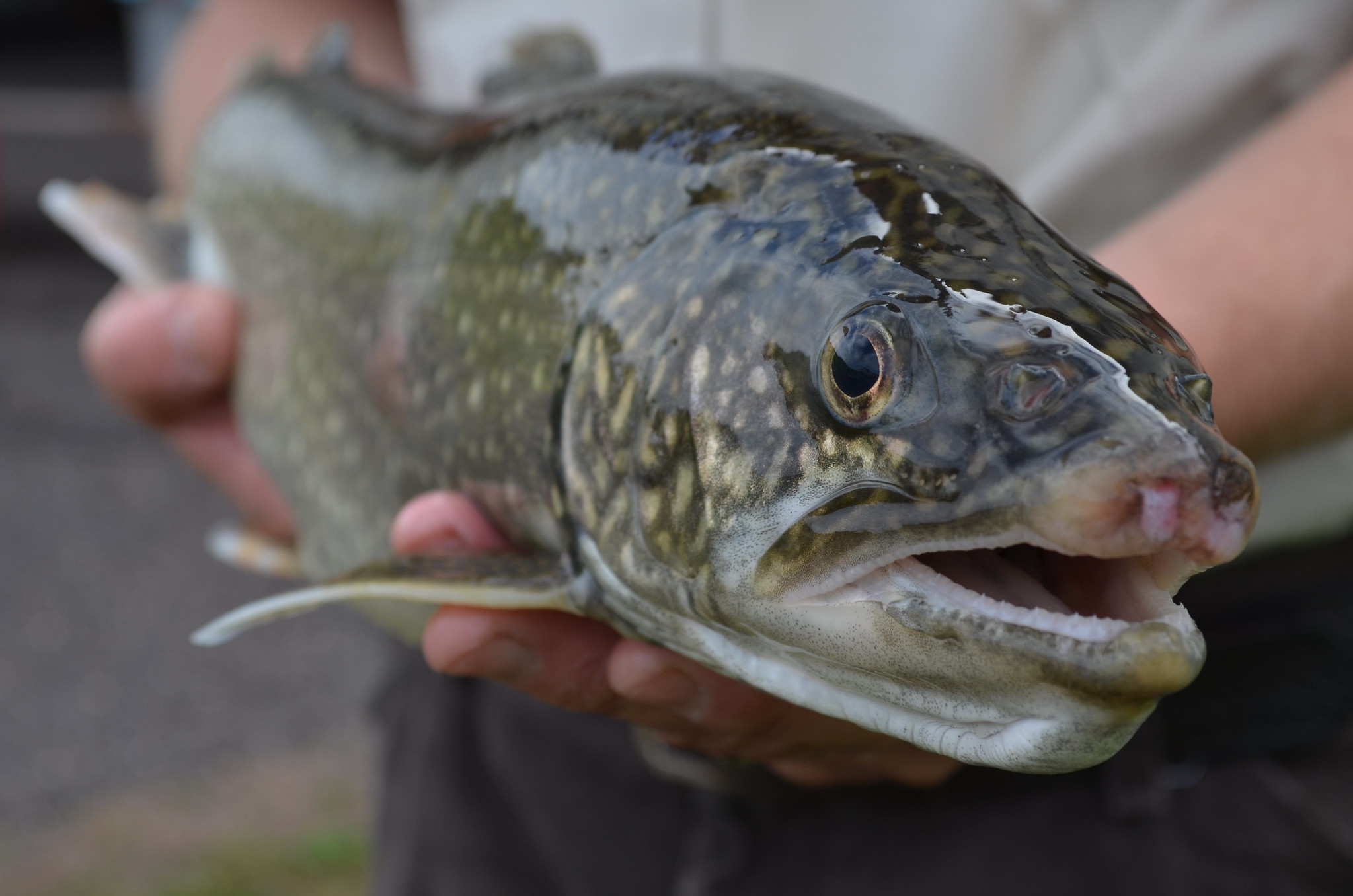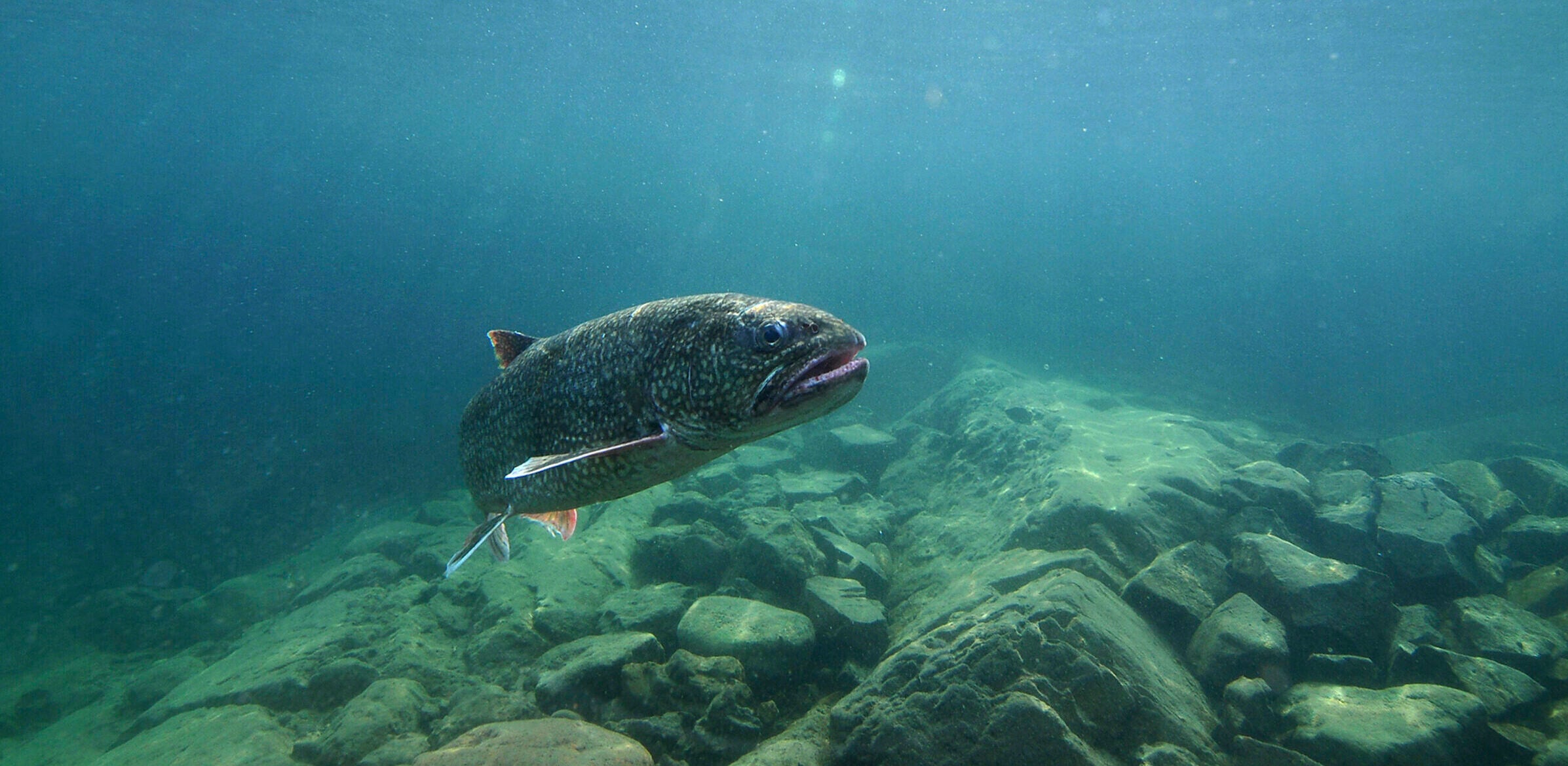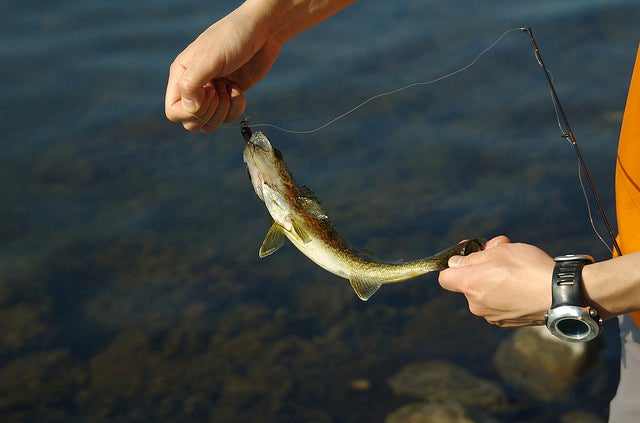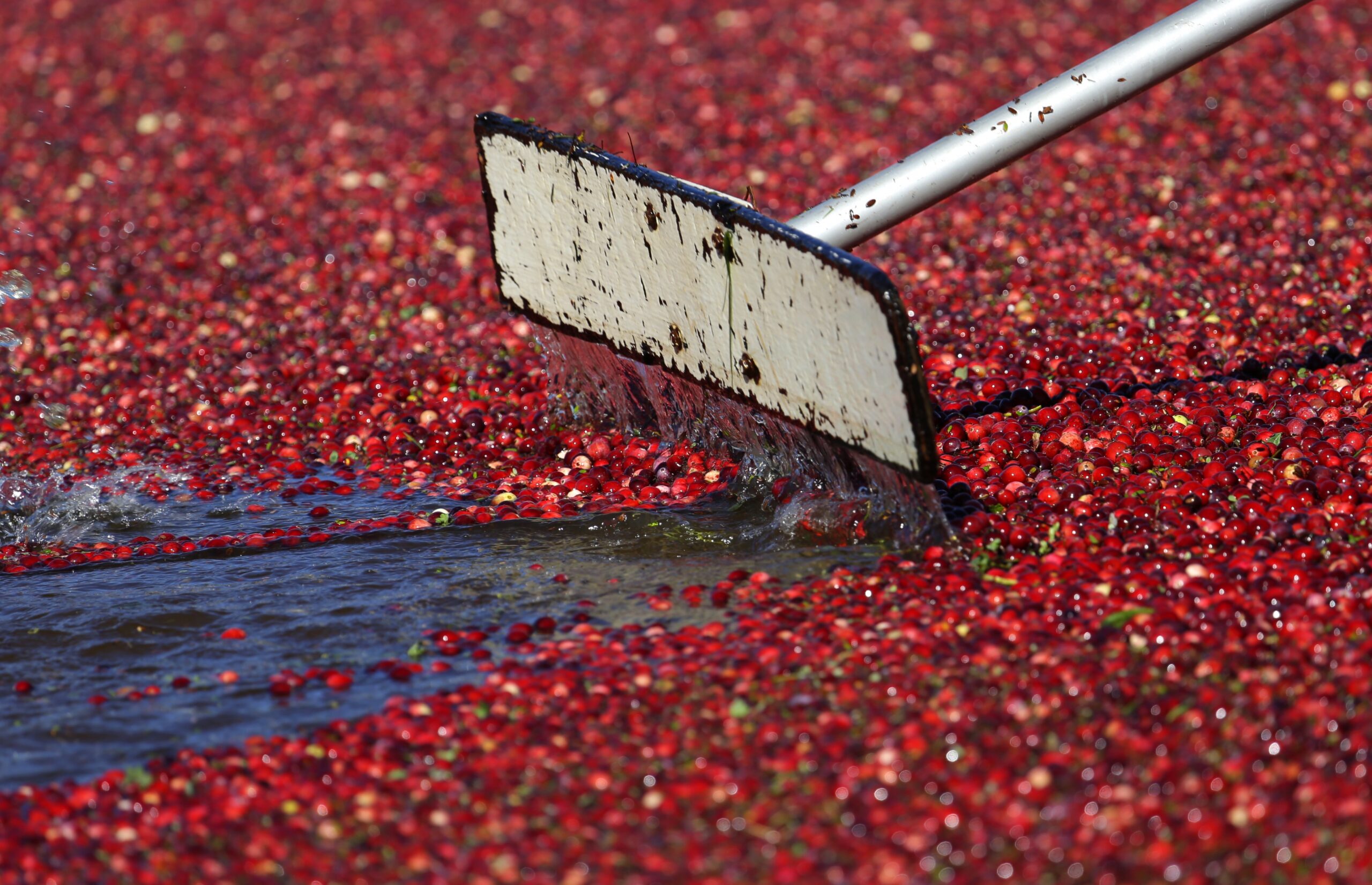The Natural Resources Board approved an emergency rule this week to maintain cisco numbers in the Wisconsin waters of Lake Superior. Commercially important whitefish feed on cisco eggs, a critical piece of the lake’s ecosystem.
Harvests of cisco, otherwise known as lake herring, quadrupled in 2008 when commercial fishers brought in around 1.4 million pounds to supply demand in Scandinavian markets.
Todd Kalish, of the Wisconsin Department of Natural Resources, said they’ve worked with the state’s commercial fishers to set a harvest quota of roughly 1.5 million pounds.
Stay informed on the latest news
Sign up for WPR’s email newsletter.
“The quota is based on … the best science we have available on survey data – population estimates, and it would be updated every three years,” he said.
Kalish said the quota amounts to about 15 percent of the cisco population in the Wisconsin waters of Lake Superior. The rule applies to state license holders, but it doesn’t affect tribal fishermen.
Craig Hoopman, a commercial fishermen in Bayfield, said he only supports the emergency rule if it applies to everyone.
“I would like to see all the stakeholders take part in this,” Hoopman said. “We’re trying to protect this for seven generations. My family and I are the sixth right now, so I would like to see six more generations of all user groups have the opportunity that I’ve been given.”
North Wisconsin Rod and Gun Club President Dave Sorenson agreed that all user groups should be held to the same standard.
“In my understanding, the tribes have not agreed to this at all, and so you’re putting a quota on the few in the commercial fishery,” Sorenson said. “I go back to the 1980s when I stood before the board at that time. We had a discussion when the Native Americans got their rights to do anything they want. This board took the steps in slow increments that eventually put out the entire commercial fishery industry in Bayfield, except for a couple people that are left.”
Sorenson said he hoped the same situation wasn’t transpiring with regards to the cisco quota.
Mic Isham, chairman of the Great Lakes Indian Fish and Wildlife Commission, addressed Sorenson’s comments directly later in the meeting.
“We did not get those rights to do anything we want. We reserved those rights in treaties,” Isham said. “When he said their rights, there’s two parties to the treaties — not just tribal rights … The whole statement to do anything we want, we’re probably the most highly regulated user group in what is now known as Wisconsin. Any inference that we’re somehow depleting the resources is 100 percent false.”
NRB member Preston Cole said state-tribal relations on resource management is an ongoing conversation.
“I recognize that there are complexities to this,” Cole said. “My hope is that everybody will have skin in the game at some point.”
The Wisconsin DNR, Red Cliff and Bad River tribes are in the process of negotiating an agreement overseeing management of the resource in Lake Superior. The most recent agreement expired in 2015.
The harvest quota is set to take effect this October.
Wisconsin Public Radio, © Copyright 2025, Board of Regents of the University of Wisconsin System and Wisconsin Educational Communications Board.
